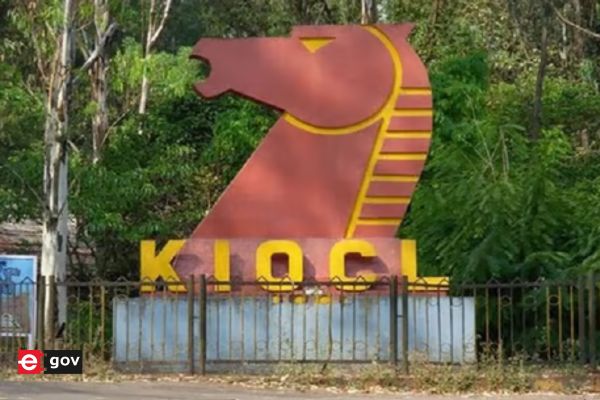UNCTAD, ILO and ITC jointly organized the second WSIS Follow-up Action Line Facilitation Meeting on “E-business and e-employment” on the theme of “ICTs, Global Supply Chains and Development”. The meeting was held in conjunction with other WSIS follow-up events and with the 10th session of the Commission on Science and Technology for Development
The meeting brought together about thirty WSIS stakeholders to explore the role of technology and innovation in supply chains, the measures that policy makers and enterprises can adopt to exploit the opportunities of greater market access and strengthen enterprise competitiveness, the labour market implications and the costs and benefits of such changes.
Opening statements were made by Mr. Supachai Panitchpakdi, Secretary-General, UNCTAD, Mr. Stephen Browne, Deputy Executive Director of ITC and Mr. Michael Henriques, Director, Job Creation and Enterprise Development Department, ILO
Mr. Panitchpakdi highlighted the instrumental role of ICTs in the conduct of trade. He spoke about shifts in both manufacturing and services from developed to developing countries; a shift towards FDI in services; growth in services exports; and growth in South-South trade and investment flows. Mr. Browne spoke about the importance of ICTs for the increased participation of SMEs in supply chains, and singled out mobile telephony which can provide low cost solutions. Mr. Henriques said that despite the significant changes in the geography of production and the subsequent global employment growth in all parts of the world, many workers lack the skills to use the technology productively, and many countries that lack the infrastructure and the resources to join in the rapid transformation of production and logistics resulting from technological advances.
The first session of the meeting focussed on the theme of ICT policies and global supply chains in developing countries. It was chaired by Mr. Roberto Zachmann, ICTs focal point, ILO. Ms. Claudine Bichara de Oliveira, Director, Netune (Brazil) presented the policies that developing countries need to deploy in order to enable their companies to participate in global supply chains.
Paul Bailey, Senior Technical Specialist, ILO, spoke about the high growth and investment in the electronic components sector of the IT industries. He also spoke about the industry initiatives adopted by multinational companies in response to social and labour challenges such as the Corporate Social Responsibility and the Global e-Sustainability Initiative and the Electronic Industry Code of Conduct, which aim to explore ways in which ICT sector companies can cooperate to manage social and labour issues in their supply chain more effectively.
The results of the first round group discussions were presented during the subsequent plenary session. The participants acknowledged the huge potential of ICTs in developing countries to change the way in which business is carried out. They stressed the challenges ICTs pose, including in terms of awareness, ICT access and affordability (it was recalled that in many countries the cost of labour is cheaper than the cost of technology), and made suggestions regarding public policies, developing the access to ICTs, creating an efficient institutional framework and a legal and regulatory framework for e-commerce and e-government, government procurement, sharing best practices at the regional level, and building public private partnerships.
The second session was dedicated to the role of innovation in supply chain. It was chaired by Genevi
Be a part of Elets Collaborative Initiatives. Join Us for Upcoming Events and explore business opportunities. Like us on Facebook , connect with us on LinkedIn and follow us on Twitter, Instagram.











